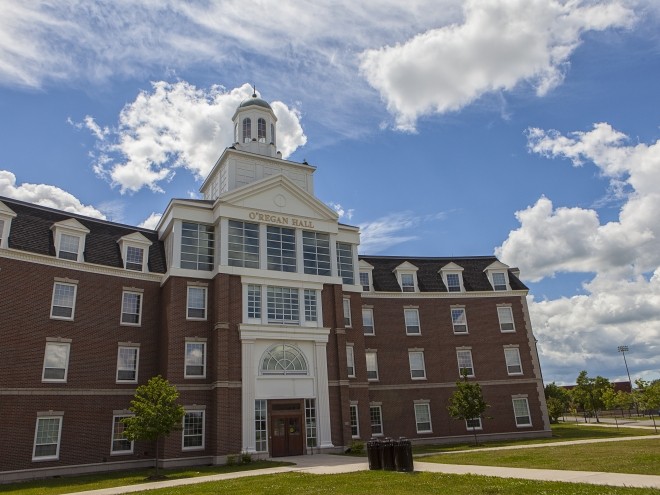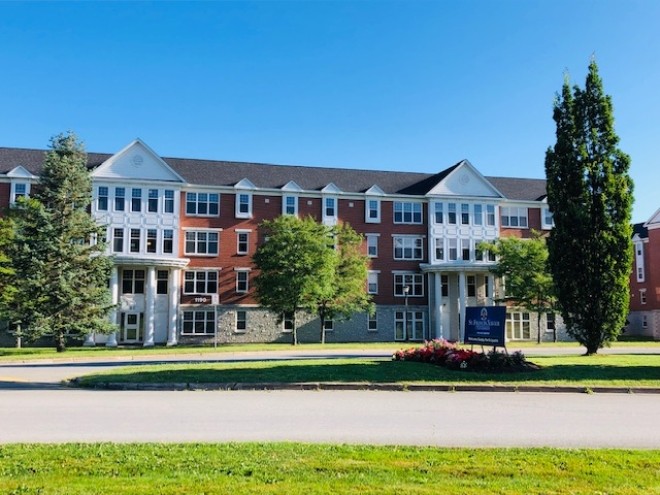Program Overview:
About Celtic Studies
As one of the few universities in North America offering the study of Celtic languages, literature, and history of the Celts from about 800 BC to present, you will have unique opportunity to learn in this broad field at either the BA or MA level.
Celtic Studies has as its core the languages, literatures, cultures, and histories of Celtic-speaking peoples, from the Continental Celts of ancient Gaul to the modern survivals in Scotland, Ireland, the Isle of Man, Wales, Cornwall, and Brittany. It extends into a range of topics, including archaeology, art, music, literature, folklore, religion, dance, immigration, ethnic and medieval studies.
Why study Celtic Studies at StFX?
Situated in the Highland Heart of Nova Scotia, you will study in a department with a strong history connected with the Scottish Gaelic language and where a wide variety of courses are offered in Celtic civilization, the Gaelic folklore of Ireland and Scotland, and medieval Gaelic and Welsh language and literature. You’ll learn from faculty who are leading researchers in the history, language, and literature of Gaelic communities in North America and Scotland and the medieval language and literature of Ireland and Wales.
StFX undergraduate and master’s students produce research papers and dissertations, and creative projects. They have become leading lights in the revival and development of Gaelic in both Scotland and Canada. The Celtic Student Society (‘An Comunn Ceilteach’) is one of StFX’s most active societies.
StFX is home to the largest and most important collection of Scottish Gaelic manuscripts, publications, and recordings in Canada, particularly in the substantial holdings of the Celtic Collection of the Angus L. Macdonald Library.
First year at a glance
In addition to a variety of interdisciplinary courses, as a first-year student, you will take courses that provide an introduction to the Scottish or Irish Gaelic language, culture, and history and Celtic Civilizations.
Future opportunities
As a Celtic Studies graduate, you will be well-prepared for careers in a broad variety of fields that require an academic mindset and skills, including work in cultural institutions, businesses, tourism, and education. Those who specialize in the Gaelic language have the additional option of pursuing career opportunities in Gaelic-speaking regions, including Nova Scotia. Many students go on to advanced studies in fields such as history, language, theology, and library science.
- Education / Teacher
- Government Services
- Lawyer
- Museum Curator
- Musician



